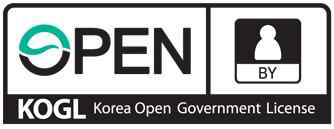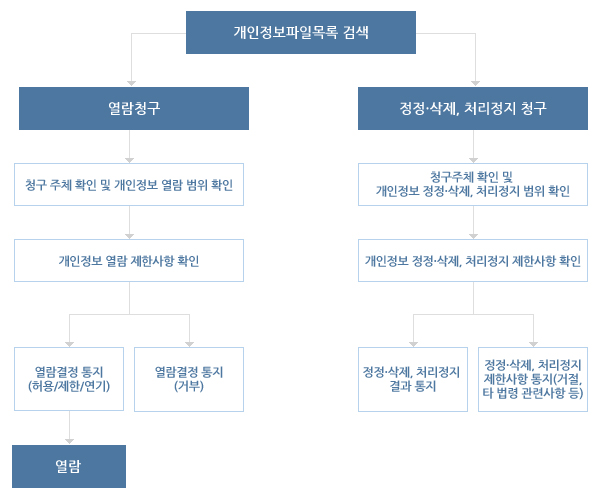What’s New
Speaker’s economic and sales diplomacy helps Korea win Bulgarian nuclear power plant project
- Apr 26, 2024
- 29
Speaker’s economic and sales diplomacy helps Korea win Bulgarian nuclear power plant project
- Speaker performs an instrumental role in a meeting of Bulgarian President, National Assembly Speaker, and
Chairman of the Committee on Energy for the National Assembly during the Speaker’s visit to Bulgaria
- Forges diplomatic achievements through high-level parliamentary diplomacy, expands economic cooperation,
and fosters partner relationships
The backdrop for Hyundai E&C’s being selected as the preferred bidder for Bulgaria’s nuclear power plant project on Feb. 23 lies with Republic of Korea National Assembly Speaker Kim Jin-pyo’s parliamentary diplomacy to help Korean companies make forays abroad and overcome their difficulties, alongside a series of meetings among Bulgaria’s President, the National Assembly Speaker, and the Chairman of the National Assembly’s Committee on Energy.
During his official visit to Bulgaria on February 10-13, Speaker Kim urged high-level Bulgarian officials to support Korean companies’ securing of the nuclear plant project. With approval of the Kozloduy Nuclear Power Plant project pending from the Bulgarian parliament, he exchanged views about nuclear cooperation with parliamentary leaders while emphasizing the technological expertise of Korean companies.
Senior Bulgarian officials also welcomed participation from Korean firms, explaining that there would be opportunities to showcase Korea’s expertise and technology in their country. They also expressed hopes of upgrading bilateral relations to a strategic partnership based on strategic investments and cooperation in different fields.
Under the $14 billion Kozloduy project, two units (Unit 7 and Unit 8) of 2,200 MW AP-1000 reactors are slated to be added to the existing power plant complex, according to Hyundai E&C. With operations scheduled to commence in 2035, the final contract and detailed project scope is expected to be confirmed by April.
The Bulgarian project is the largest since the United Arab Emirates’ $24.4 billion Barakah nuclear power plant project in 2009. Hyundai E&C was able to win the competition against five other bidders thanks to its technological capabilities and construction experience. This achievement is expected to provide new business opportunities for Korean companies while contributing to a stable and sustainable energy supply in Bulgaria.
Speaker Kim raised expectations that the deal would add momentum to strengthening Korea-Bulgaria relationship, while underlining the role and importance of the National Assembly by saying, “The National Assembly should expand its relationship with other parliamentary and government figures through parliamentary activities, which will advance Korean companies’ growth and entry into overseas markets.”
The need for a government-wide diplomatic effort has increased lately to address pressing global issues such as energy security and the supply chain crisis. Last August, the National Assembly formed a new department to promote parliamentary diplomacy on the economy and produce its own diplomatic content, exploring the economic, social, diplomatic, and security agendas of each country as it developed diplomatic activities. Conducting parliamentary diplomacy in tandem with the government’s diplomacy, the National Assembly will continue to pursue diplomatic achievements and perform a range of economic diplomatic activities that reflect the characteristics and conditions of each nation.
<End>

- Speaker’s economic and sales diplomacy 1.jpg
- what's new_240226_new nuclear plant project in Bulgaria.docx
- Speaker’s economic and sales diplomacy 2.jpg
- Speaker’s economic and sales diplomacy 3.jpg
- Speaker’s economic and sales diplomacy 4.jpg
- Speaker’s economic and sales diplomacy 5.jpg
- Speaker’s economic and sales diplomacy 6.jpg
- Speaker’s economic and sales diplomacy 7.jpg
- Speaker’s economic and sales diplomacy 8.jpg

